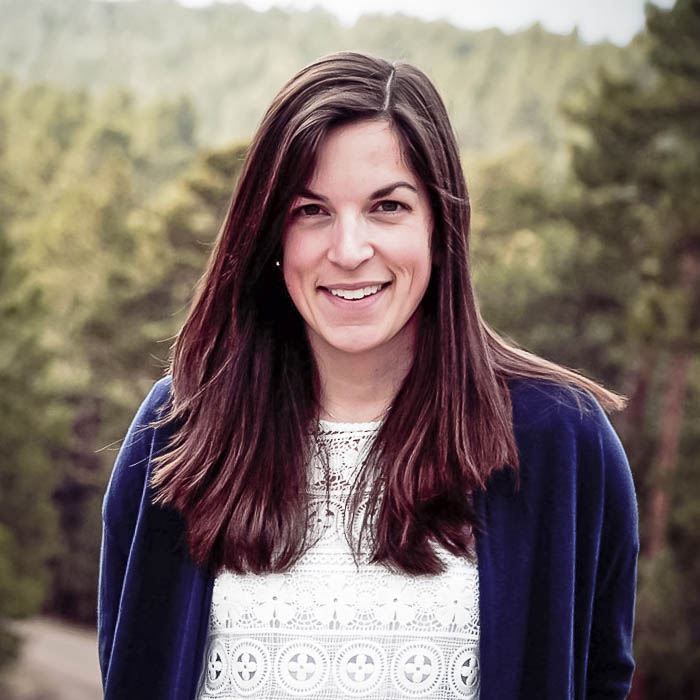To an outsider, film sets can look like chaos. In fact, they’re well oiled machines with a hierarchy and rules so that it all runs smoothly and efficiently. If you’re on set as a client, agency producer, or general bystander, it’s important to understand the basics of a film set to ensure you’re acting as a valuable contributor without intruding on the operations. Here are a few tips and some terminology to help you!
The first and most important tip for non-crew members on set is, stay out of the way. We’re not trying to be harsh, we’re just being honest. For the safety of yourself and the crew, the best thing you can do is keep your distance, especially during setup and breakdown.
The best way to stay out of the way is, find video village. Depending on the size of your shoot, there will be an area or separate room with monitors that are displaying the camera and audio feeds. Video village is a space for clients, agency personnel, etc. to hang out and watch the production without being in the way of crew.
Another pro tip is to read the call sheet and any other printed documents when you arrive on set. Most likely these will be printed and ready for you in video village. Call sheets contain crew info, talent info, schedule, and any other notes about the days festivities! Doing your homework ahead of time puts you in the know of what is happening on set and when.
Clients and agency folk are a vital asset on set. In fact, their immediate, real time approval ensures the correct content and messaging is captured. But to this point, it’s important to understand as the client who you should be talking to if you see something of concern or even if you want to try something different with a line or talent or scene. Respect the chain of command. On set there is a hierarchy and its purpose is to prevent too many cooks in the kitchen and too many lines of communication. While this varies based on the size of the production, clients should, in general, speak with their producer or account manager directly. It’s then that person’s job to relay this to the Assistant Director or director. This keeps everyone in check and the production flowing!
Here’s the best part about being a client or agency producer on set, we’re doing this for you! Our number one goal is to make sure you’re happy on set. And this is aside from making sure we’re capturing everything correctly. What I’m really trying to say is indulge in the craft services table. Have 5 cups of coffee, take as many cookies as you want. Yes, we need to feed our crew and talent too, but these services are also for you.
And as a final tip, try and understand common terminology while on set. There are certain terms you’ll hear crew say on set that mean important things. If you want to act like a pro, try and pick up on a few. The crew will be impressed! To help, we’ve copied a few of the common ones below and what they mean:
- Quiet on set: this one’s pretty straight forward. Stop talking and silence cell phone & laptops, we’re about to roll.
- Sound rolling: The audio is being recorded.
- Camera speeding: The cameras are live/recording. In addition to being quiet, you should now stay where you are and don’t move about the set. The scene is about to start.
- Slate/clean slate: A slate is that black and white square object that you’ll see an assistant camera op or PA holding in front of the camera. Oftentimes you’ll hear the call for “slate” and then “clean slate.” This means they’ve tagged the shot with a scene # and take # and it was visible from all camera angles. This helps the script supervisor keep track of the good and bad takes and helps the editor sort through the footage.
- Action: Almost everyone knows this one. The director has just queued the talent to begin the scene. And we’re off!
- Cut: The director will yell this when he feels the scene is complete or if if we need to stop and start the scene over. Once this is yelled, video and audio are stopped and you can talk and move about the set.
Film sets are a lot of fun and if you keep these tips and terms in mind, you’ll be a valuable asset on set and your director and crew will thank you.

